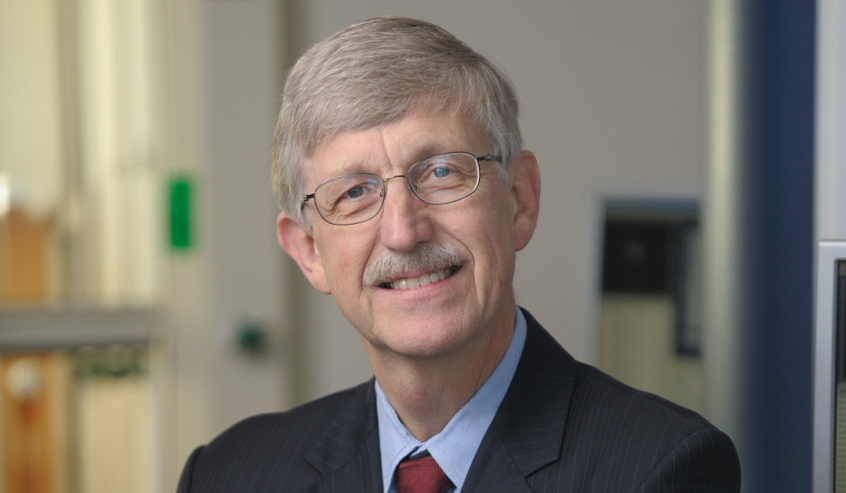
Respected Christian geneticist Dr Francis Collins is advising churches to avoid in-person services as countries around the world fight to bring Covid-19 rates down.
In an an online conversation with theologian Russell Moore about vaccines, Dr Collins said churches could be sources of "superspreading" events.
As a practising Christian himself, he said he was attending church online at the moment.
While in some places, churches are open and holding public worship, his recommendation is that in-person services are shelved until at least 2021.
Explaining his reasoning, Dr Collins said some restrictions were working in the fight against Covid-19, but they would falter if people started ignoring them.
"I know people are tired of hearing these messages and having to be acting upon them, but the virus does not care that we are tired," he said.
"The virus is having a wonderful time right now spreading through this country, taking advantage of circumstances where people have let their guard go down.
"We need to be just absolutely rigorously adherent to things that we know work. But they don't work unless everybody actually sticks to them faithfully without exception.
"Churches gathering in person is a source of considerable concern and has certainly been an instance where superspreading has happened and could happen again.
"So I think most churches really ought to be advised, if they are not already doing so, to go to remote, virtual kinds of services. That's the way I'm having my experiences as a churchgoer," he said.
There has been a lot of debate about Covid-19 vaccines, but Collins said people should take one and also adhere to other guidelines like wearing face masks and social distancing.
He said he was optimistic that with the vaccines on their way, larger gatherings in church and other places like sports arenas would be possible again by next summer.
"And certainly, by next fall, I'm hoping we can get back to things like normal schools and businesses, and our economy can get back on its feet," he said.
"But there are a lot of steps between now and then. And of course, it will go better if we don't have our healthcare system utterly devastated by the ongoing pandemic that we could have potentially turned around by all of us taking those public health actions we just talked about."













